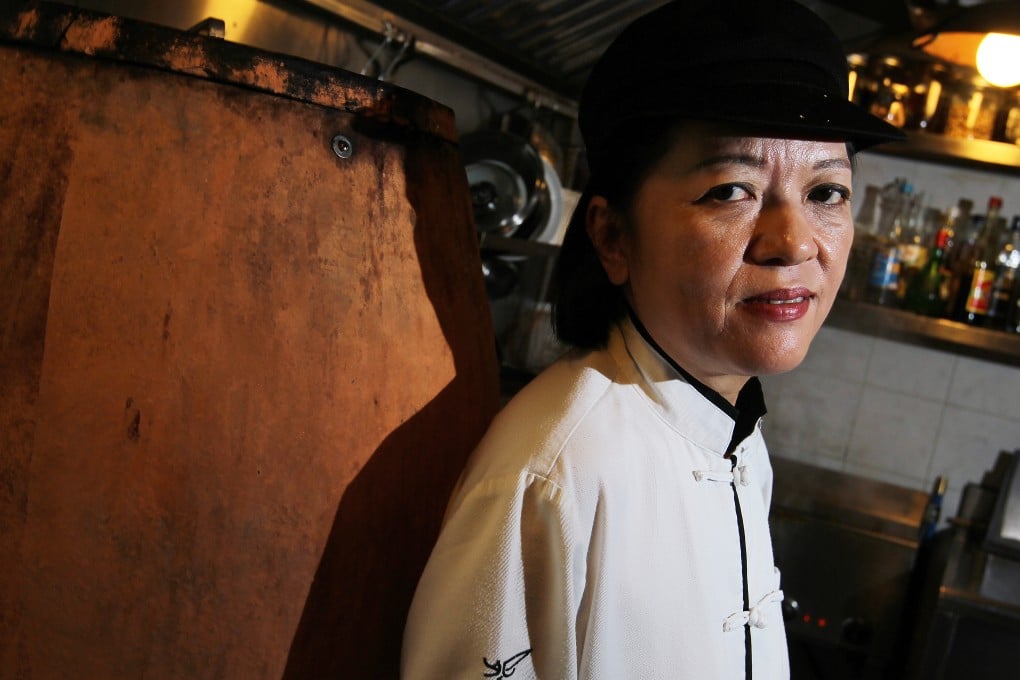Why Margaret Xu thinks Hong Kong lacks a strong food identity
Chef/proprietor of Yin Yang, private kitchen that moved to Wan Chai and now to Ting Kau, talks about her 'mission' to define city's Cantonese and Chinese cooking styles, and her creations for Mid-Autumn Festival

Where do you think your perfectionism comes from?
Margaret Xu Yuan: I think it comes from my days as the creative director with various ad agencies. If you’re working in the creative field, nothing is ever perfect. I guess I’ve applied, perhaps wrongly [laughs], that mentality to my cooking as well. So even if a dish tastes fine, I’ll always push myself to improve it further so that none of my dishes lack excitement.
When did you discover your passion for food?
Xu: I discovered it when I was very young. My father loves reading Better Homes and Gardens and I used to collect all those recipes at the back even though I didn’t have the slightest clue about cooking. I actually loved to keep any recipe that came my way when I was a child. I still have one or two of them with me.
How was your first attempt at cooking?
Xu: I was 13 years old and I can still remember I made some borscht, but since I didn’t know that I had to keep stirring the pot, it tasted burnt. My mum still loved it, though. I also made some fun gor [Chiu Chow-style steamed dumplings] using a recipe from a Towngas cookbook. I made the skin from scratch and wrapped the dumplings myself. Unfortunately I didn’t blanch the bamboo shoot because the book didn’t mention it.